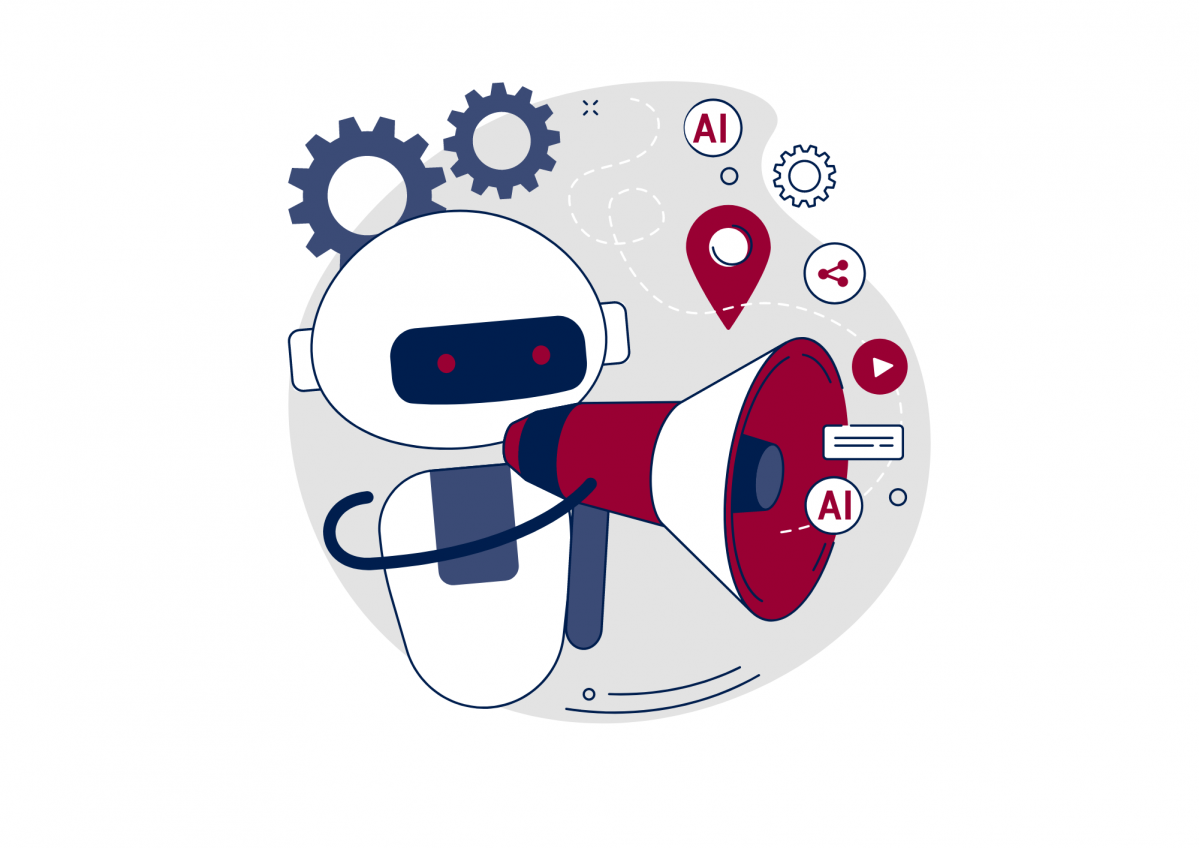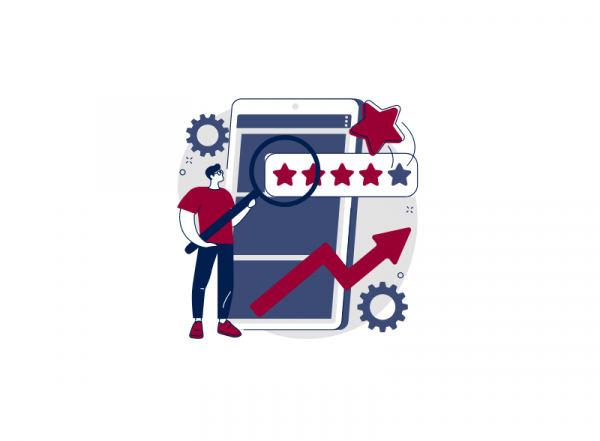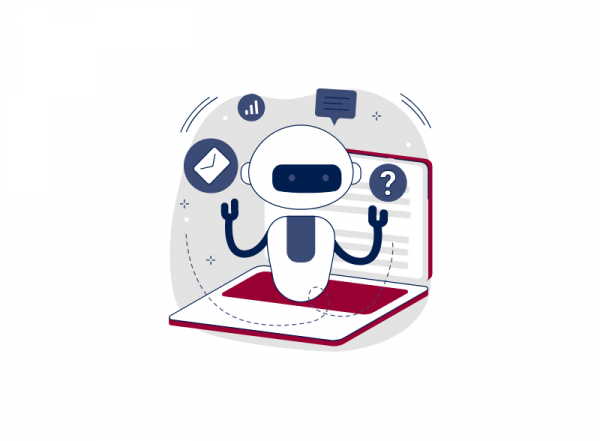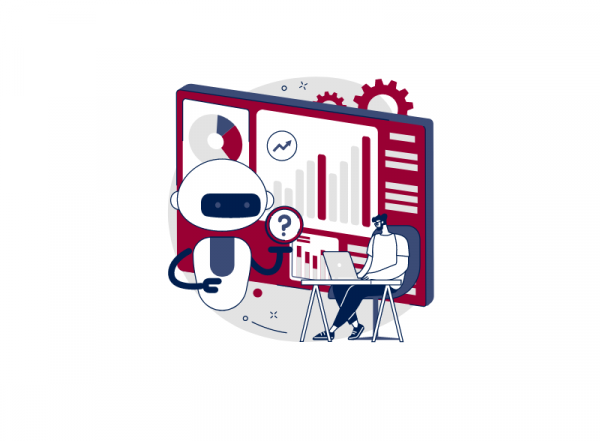Compilatio will soon commercialize a service to detect texts generated by Artificial Intelligences (AI) such as ChatGPT.
For now, a demonstrator of this technology is online to evaluate and refine its reliability.
This might reassure teachers by allowing them to confirm that the texts they take the time to correct are indeed authentic, written by the student himself. The commercial terms of access to this new service will be announced at a later date.
Promising results: test now the Compilatio simulator
Compilatio detects the difference between a "human author" and a "robot author".
This technology implemented by Compilatio can process texts written in many languages, including French, English, Italian, Spanish, Portuguese, German... It is indeed a multilingual AI Detector!
It has been tested on research and academic documents. It revealed an ability to reliably distinguish whether a text was produced by a human or by an AI.
In preliminary tests, the system was able to identify the nature of the author of a text in almost 9 cases out of 10. Promising results, which greatly compete with recently released detectors such as StendhalGPT, DetectGPT, OpenAI Text Classifier, ZeroGPT, Writer, Draft & Goal, etc.
- Texts "written by a human" were correctly recognized in 90% of cases.
- Texts written by an AI were detected in 88% of cases.
Preliminary tests were performed on 125 documents containing between 250 and 2,200 characters, with an average of 1,000 characters.
In order to refine these results, you can participate in the evaluation of this new technology, thanks to the demonstrator available at the following address: https://compilatio.link/ai-detector.
You can also contact us if you wish to be informed of our latest advances on AI detection.





